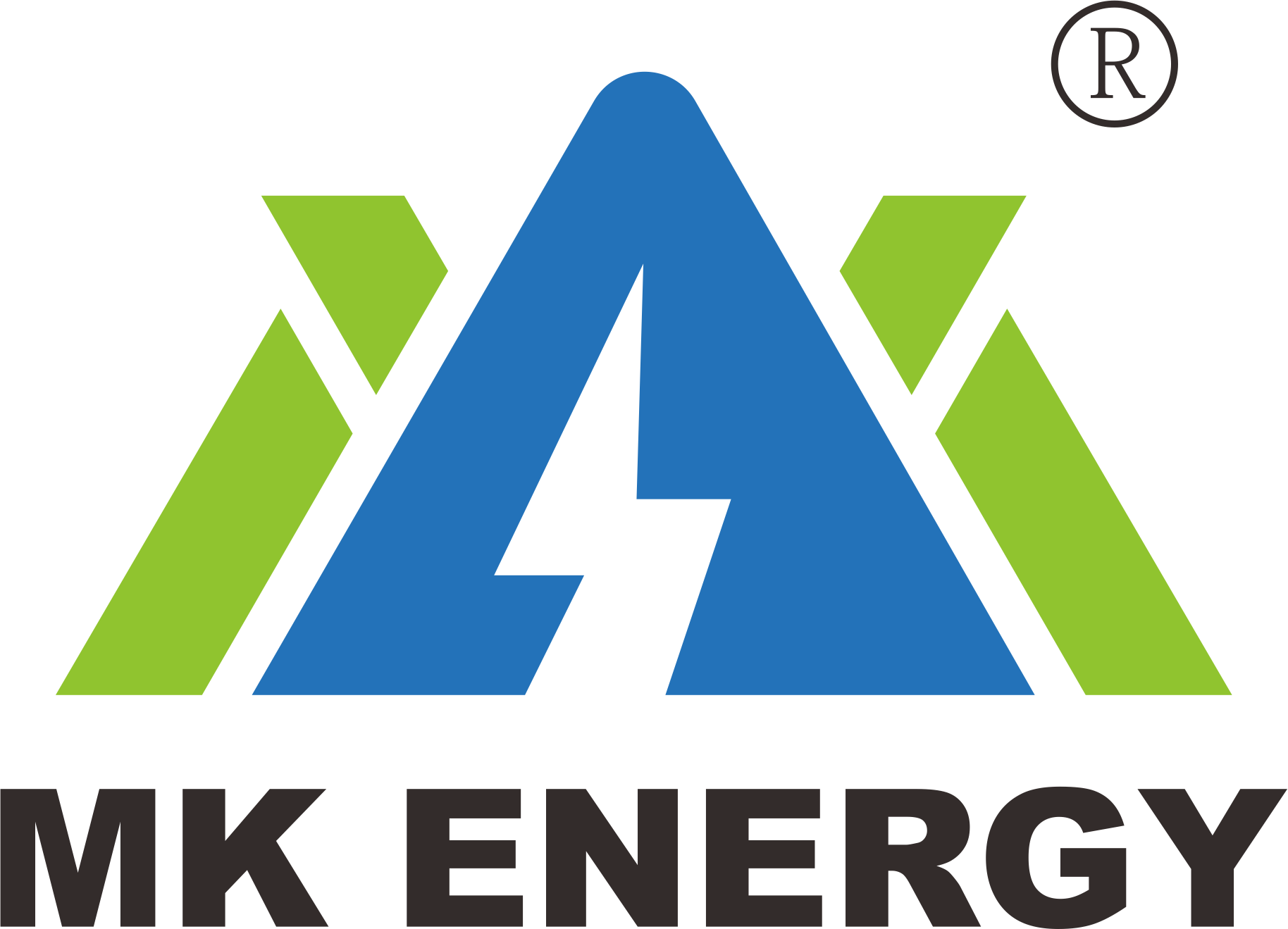Stack-based LiFePO4 Battery for Solar Power Management
As many users know, harnessing solar energy has become a cornerstone of the green energy movement’s search for sustainable energy solutions. Solar panels are at the forefront, capturing sunlight and converting it into electricity. However, efficient energy storage is necessary to make solar power reliable and practical. This is where stack-based LiFePO4 battery come into play.
The core of solar energy storage
Stack-based LiFePO4 Batteries are a specialized form of lithium iron phosphate (LiFePO4) batteries. Their distinguishing feature is the stacked configuration of multiple cells, which significantly increases their capacity and performance. These cells are ideal for high-capacity applications such as solar storage. LiFePO4 is the first choice for solar energy storage due to its excellent performance. It has a long cycle life, which means it can withstand many charge and discharge cycles, making it a reliable choice for long-term use. LiFePO4 batteries are known for their excellent thermal stability, which reduces the risk of overheating, especially in warm or sunny conditions.
Reliable and environmentally friendly energy storage
The advantages of Stack-based LiFePO4 Battery in solar energy management are manifold. They offer high energy density, ensuring that large amounts of energy can be stored in a relatively compact space. This feature is valuable for residential solar installations, where space is limited. Additionally, their environmental friendliness cannot be overstated. They contain no harmful heavy metals like cadmium or lead, making them an environmentally conscious choice. The sustainability of these batteries is a crucial advantage as the world shifts to greener energy solutions.
Stack-based LiFePO4 Battery optimizes solar energy collection!
Solar energy management systems contain various components, each vital in optimizing energy collection efficiency. Solar panels are at the heart of these systems, which convert sunlight into electricity. The solar inverter is another critical component that converts the direct current (DC) generated by the panels into alternating current (AC) used to power homes and businesses. In addition, the charge controller regulates the voltage and current of the solar panels to ensure safe battery charging.
Stack-based LiFePO4 battery integration
Seamless integration of stack-based LiFePO4 battery into solar power systems is a crucial aspect of achieving maximum efficiency. These batteries are designed to work in harmony with solar inverters, charge controllers, and other system components. During the day, when the solar panels generate excess power, the extra energy directly charges the stack-based LiFePO4 battery. This process ensures that any energy not used immediately is stored for future use, reducing reliance on the grid. At night, stored energy is extracted from the batteries to power homes and businesses. This reliable energy supply helps achieve energy independence and mitigate the impact of rising electricity costs.
Practical applications of stack-based LiFePO4 batteries
To understand the practical application of stack-based LiFePO4 batteries in solar energy management, we can look at real-world case studies and success stories. One example is residential solar installations in sunny climates. By integrating stack-based LiFePO4 batteries into the system, excess energy generated during the day can be stored at night, reducing reliance on the grid and lowering electricity bills. The reliability of the energy supply ensures uninterrupted power even during grid outages.
For businesses, stack-based LiFePO4 batteries are increasingly being adopted to manage energy consumption and reduce peak demand charges. The batteries allow companies to store excess solar energy during periods of low demand and use it when energy costs are higher, resulting in significant cost savings.
progress and sustainability
Additionally, sustainable practices in battery manufacturing and recycling are becoming increasingly important. The goal is to reduce the environmental footprint associated with battery production and disposal, further contributing to the overall sustainability of solar power systems. In summary, the integration of stack-based LiFePO4 batteries into solar energy management systems represents a key advance in green energy solutions. Their high energy density, safety and environmental friendliness make them ideal for reliable and sustainable energy storage.



